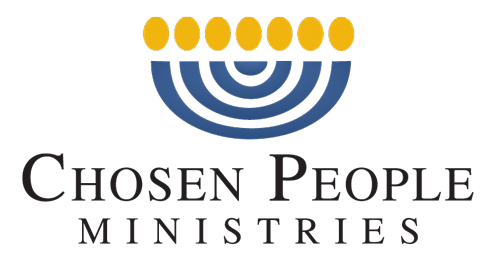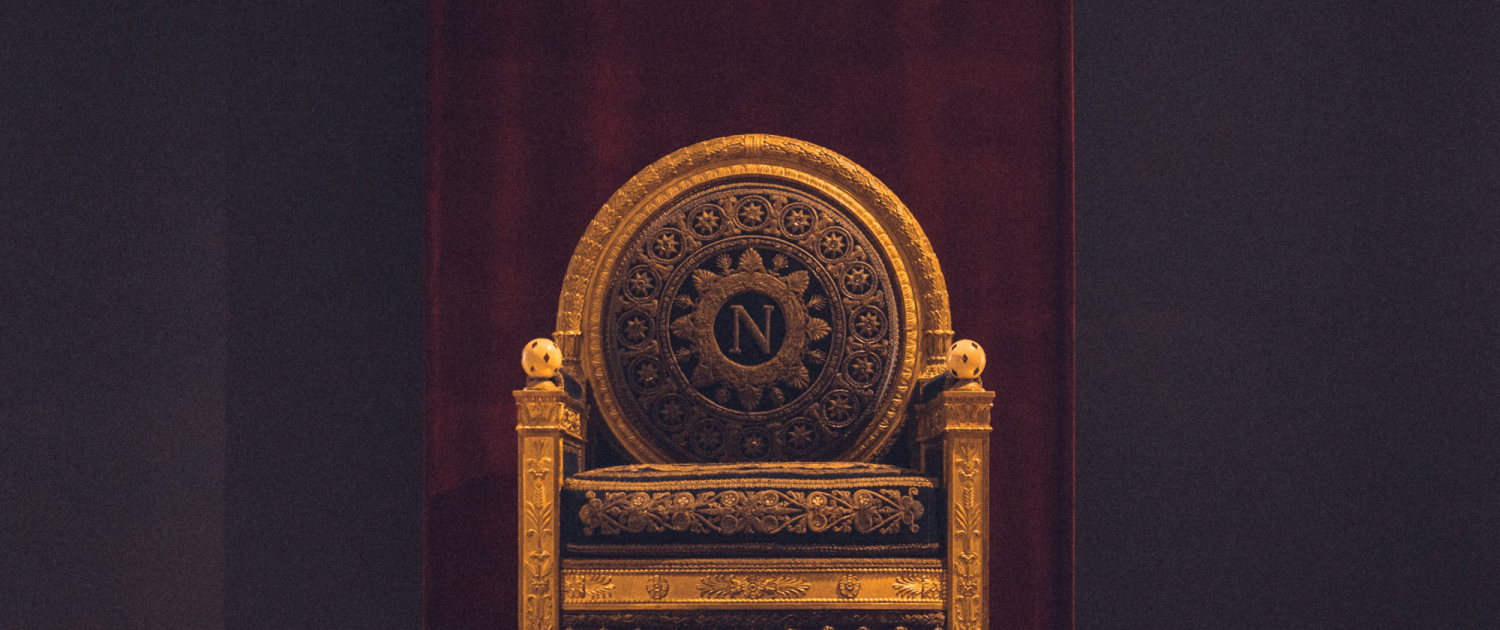DAY 2
Traditionally, there are three dominant themes described in Jewish tradition that dominate the liturgy and prayers for Rosh Hashanah. The first theme is kingship (malchuyot), the second is remembrance (zichronot), and the third is the shofar (shofarot). Each of these themes is designed to remind us of God’s purpose and plan for mankind at the beginning of the New Year.
Kingship
On Rosh Hashanah, we remind ourselves that the Creator of the universe is King of the universe and Lord of our lives.
According to Jewish tradition, just as trumpets are joyously sounded when a king ascends his throne, we sound the shofar as we reestablish God’s dominion over us as our King for another year. The malchuyot prayers declare this theme of kingship. Malchuyot also emphasizes the fact that we must serve the Almighty the same way a servant serves his king—with absolute and total dedication. This concept is called kabalat ol malchut shamayim, which means, “accepting the yoke of heaven.” This type of service is considered most sublime, for we have subjugated our own desires and proclivities to a selfless service of God.[1]
This theme is also a clear reminder to me as a follower of King Yeshua. He is my Lord and King, and one day, He will come again to reign over His literal Davidic kingdom, and the blessings promised to Abraham in Genesis 12:3 will flow throughout the earth and be enjoyed by both Jews and Gentiles. As Paul described in Philippians chapter two, “For this reason also, God highly exalted Him, and bestowed on Him the name which is above every name, so that at the name of Jesus every knee will bow, of those who are in heaven and on earth and under the earth, and that every tongue will confess that Jesus Christ is Lord, to the glory of God the Father” (Philippians 2:9–11).
Rosh Hashanah is a wonderful time of the year to rededicate yourself to Yeshua and to make sure He reigns on the throne of your life. Are there any particular areas that you continue to control, or have you bowed in obedience and asked Him to be Lord in every area of your life? This season is a good time to identify the areas of your life you believe are not currently under His dominion. List them, ask God to guide you to see yourself as He sees you, and then let the Lord work in those areas of your life. Shame wants us to hide, but our God has triumphed over our shame as we confess our sins to Him and He sets us free (John 8:36; James 5:16).
Remembrance
The second theme of the holiday again harkens us back to Genesis 22, the great story of Abraham’s almost-sacrifice of his son, Isaac, which is read in the synagogue during the holiday.
The rabbis reflect upon this encounter between Abraham and God, which took place on Mount Moriah, where the Temple would later be built and, of course, where Jesus would be sacrificed.
Again, according to tradition, in zichronot we call upon to God to “remember” the dedication of our ancestors as exhibited by both Abraham and Isaac.
God commanded Abraham to offer his beloved son Isaac as a sacrifice. At the last moment, God informed Abraham that it was merely a test, and instead of sacrificing Isaac, he would offer a nearby ram. By sounding the shofar, a ram’s horn, we remind God of the dedication displayed by both Abraham and Isaac.
I am further reminded of the parallels between Isaac and Jesus when we read and study Genesis 22 in the synagogue as part of the high holiday services. For example, both Isaac and Jesus were young men who suffered innocently. They were perfectly obedient to their fathers and accepted their roles as sacrifices without complaint. Of course, Isaac was spared but the Messiah Jesus literally died for our sins. This foreshadowing of the sacrifice of Jesus in Genesis 22 stirs my heart and reminds me of the well-known verse in the Gospel of John, “For God so loved the world, that He gave His only begotten Son, that whoever believes in Him shall not perish, but have eternal life” (John 3:16).
[1] Rabbi Yeruchem Eilfort, “What Are the Three Themes of Rosh Hashanah?,” askMoses.com, accessed September 3, 2020, http://www.askmoses.com/en/article/617,2235996/What-are-the-Three-Themes-of-Rosh-Hashanah.html.
Scripture Meditation:
I hope you will meditate on the above verse and consider how His sacrifice, love, and truth found in this well-known passage of Scripture has changed your life and, if shared and believed by others, would transform theirs as well. You might focus on the word “gave” for a moment. In what way did God give us Jesus? A few thoughts come to my mind.
1. He was given through incarnation.
This is the fulfillment of the words of the prophet Isaiah in chapter seven verse fourteen, chapter nine verses six and seven, and in the prophecies of Isaiah’s contemporary, Micah, in chapter five verse eight. The God of the universe took on human flesh and all of the weakness this implies, without taking on our sinful nature. He then endured the hardships of life when He could have remained in heaven. He was hungry and thirsty, and He understood hard work and even the pain of enduring the death of a loved one. Yet, He was without sin. I find that knowing He understands me and what I go through each day draws me closer to the Savior who the author of the book of Hebrews declares is a “merciful and faithful high priest” (Hebrews 2:17).
2. He was given in death.
When I recite John 3:16 or meditate on the truth and power of the verse, I am gripped by the voluntary nature of His death. He did not have to die. God was not forced to send His Son, whom He loved, to a gruesome and painful physical death. And the Holy One of Israel certainly did not need to turn His face from His Son in that moment when eternity was transformed, as He bore our sins and endured hell on our behalf. The giving of Jesus in sacrifice and death is the crowning moment in redemption’s story, and the evidence of God’s love for His creation.
May the Lord give you insight into the depth of His love!
Today’s prayer:
Abba, please open the eyes of the Jewish people to see the parallels between Isaac and Jesus and to fall at His feet in gratitude for His sacrifice. Give us the initiative and courage to share the gospel with those who do not yet believe. May it transform their lives as it has ours! Show me if there is any area of my life that is not fully surrendered to You. Rule and reign in glory over all of me! Thank You for willingly coming to experience the hardships of life mankind incurred by rebelling against You and for voluntarily giving Your life to atone for that rebellion!




